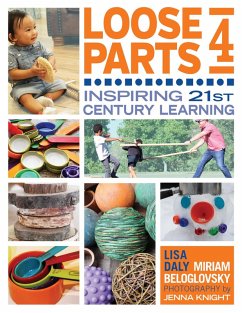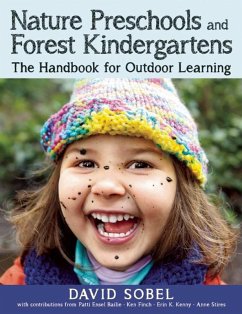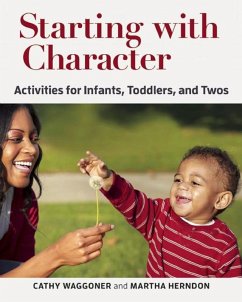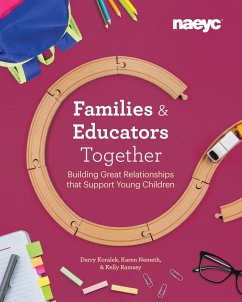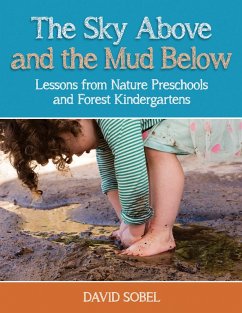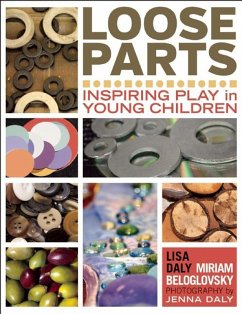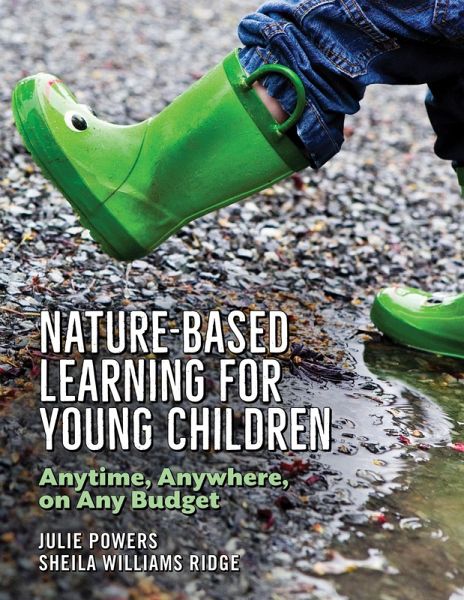
Nature-Based Learning for Young Children (eBook, ePUB)
Anytime, Anywhere, on Any Budget
Versandkostenfrei!
Sofort per Download lieferbar
19,95 €
inkl. MwSt.
Weitere Ausgaben:

PAYBACK Punkte
10 °P sammeln!
Nature-Based Learning for Every Preschool Setting is designed to provide ideas for all early childhood educators ranging from novice nature educators to highly experienced nature educators in a wide range of ecosystems, including forests, cities, prairies, coastal, and deserts. It includes background information on a range of nature topics, reproducible parent newsletters, sample play-based lesson plans, guidance and health and safety issues related to nature activities, ideas for free/inexpensive equipment and materials and for big ticket items, ideas for family involvement, and connections t...
Nature-Based Learning for Every Preschool Setting is designed to provide ideas for all early childhood educators ranging from novice nature educators to highly experienced nature educators in a wide range of ecosystems, including forests, cities, prairies, coastal, and deserts. It includes background information on a range of nature topics, reproducible parent newsletters, sample play-based lesson plans, guidance and health and safety issues related to nature activities, ideas for free/inexpensive equipment and materials and for big ticket items, ideas for family involvement, and connections to early childhood learning standards. Chapters are divided by nature topic so readers can dip in right away where they want to start exploring.
Dieser Download kann aus rechtlichen Gründen nur mit Rechnungsadresse in A, D ausgeliefert werden.




